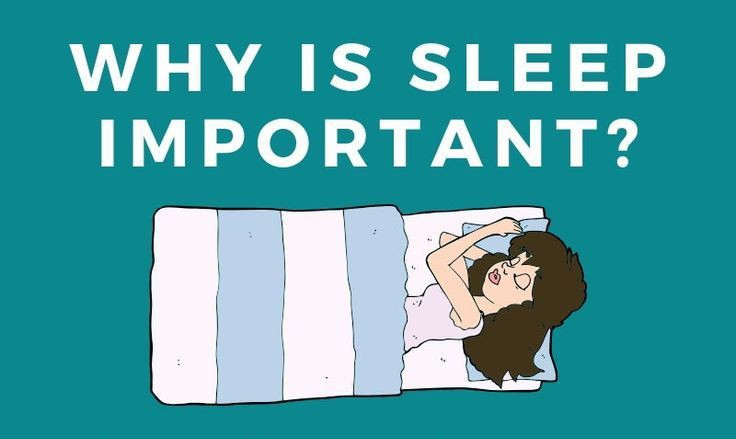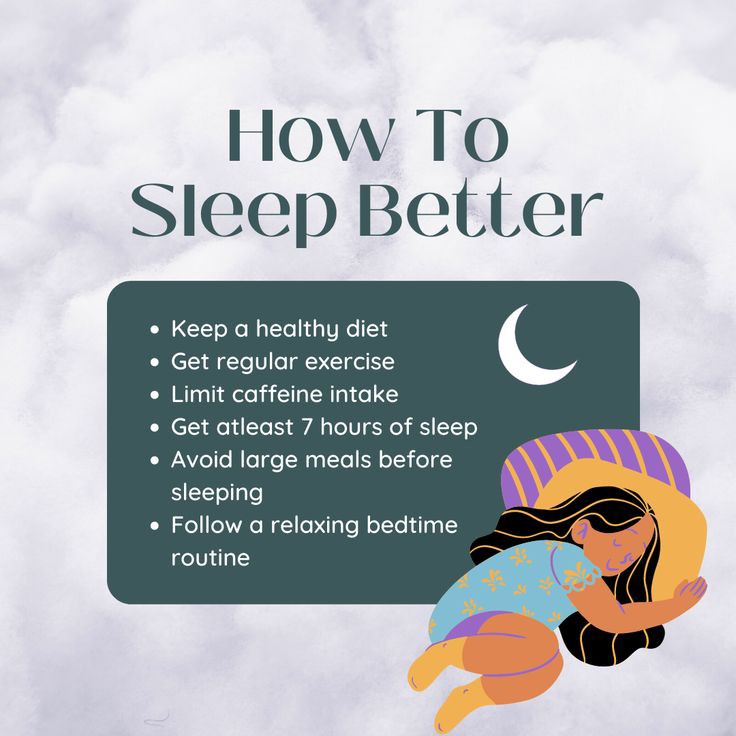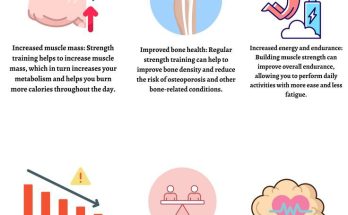If you have been reading most of our health tips, you would have realized that we talk about sleep a lot and so I decided to address sleep and its importance to our health.
“Sleep affects almost all the tissues in the body”, says Dr. Michael Twery, a sleep expert at NIH and I couldn’t agree more with him. Now what exactly is sleep?
Sleep is a natural, periodic state of slumberness and unconsciousness. It is a necessary physiological process for every living thing. During sleep, the body repairs and regenerates itself. The brain also processes information and stores memories. Without enough sleep, people can experience a variety of negative effects, including fatigue, irritability, and reduced cognitive function. Research has shown that lack of sleep causes a health risk hazard.

The Stages of sleep
Sleep has four stages. This stage of sleep occurs in cycles lasting 90-120 minutes. These stages of sleep are the NREM (Non-rapid eye movement) stage which has 3 phases and the REM (Rapid eye movement) stage. During the NREM stage, the body and brain slow down and relax and during the REM stage, the brain becomes more active and dreaming occurs.
- Non-rapid eye movement (NREM) stage 1: This is the lightest stage of sleep, and it usually lasts for about 5-10 minutes. It is said that patients awakened from it do not perceive that they were actually asleep. This stage is the easier stage to wake up from.
During this stage.
- The body and brain start to slow down.
- Eye movements are typically slow and rolling.
- The brain produces theta waves, which are slow, rhythmic brain waves.
- Heartbeat and breathing slow down.
- Muscles begin to relax.
- Non-rapid eye movement (NREM) stage 2: This is a lighter stage of sleep and it lasts about 20 minutes. From this stage, you enter deep sleep. You can be easily awakened from this stage too.
During this stage.
- The body and brain continue to slow down.
- No eye movements.
- The brain produces sleep spindles which are bursts of rapid brain waves.
- Heartbeat and breathing slow down further.
- Your body temperature drops.
- Non-rapid eye movement (NREM) stage 3: This is the deepest stage of sleep and typically lasts for about 30 minutes. It can sometimes be called “slow wave sleep” because the brain produces slow delta waves. It’s quite difficult to wake up from this stage.
During this stage.
- The body and brain are almost completely relaxed.
- No eye movements.
- The brain produces slow delta waves.
- Heartbeat and breathing are at their slowest rate.
- Awakening from sleep is difficult.
- Cell regeneration occurs.
- Strengthening of the immune system.
- Rapid eye movement (REM) stage: REM sleep is the final stage of sleep. It begins 90 minutes after falling asleep and is the primary dreaming stage of sleep. It repeats in cycles throughout the night. The REM stage lasts about 10 minutes, increasing with each cycle. The REM sleep has two phases. The Phasic and tonic phase. Phasic REM sleep contains bursts of rapid eye movements, while tonic REM sleep does not.
During the REM stage.
- The brain is active and dreaming occurs.
- Rapid eye movement during the Phasis phase.
- Heartbeat and Breathing rate increases.
- Muscles become paralyzed.

The importance of sleep to your overall health
Sleep has several benefits to the body. From repairing and regenerating your body to brain and health function. The benefits are widely varied.
- Sleep repairs and regenerates your body: The body produces growth hormones, which help repair cells and tissues. During this stage, the immune system is strengthened. Sleep also helps to regulate the body’s metabolism and blood pressure. So, without enough sleep, the body can’t repair itself properly, leading to health crises. Research has shown that people who don’t get enough sleep are more likely to develop diabetes, obesity, and other chronic diseases.
- Brain function: The brain shrinks memories and processes information from the day before. This is important for learning and memory. REM sleep is believed to be important for emotional health. Research has shown that people who don’t get enough sleep are more likely to experience anxiety, depression, and other mood disorders.
- Emotional health: People who don’t get enough sleep are more likely to experience negative emotions, such as anger, sadness, and irritability. Also, sleep deprivation can lead to poor decision-making, increased impulsivity, and difficulty coping with stress. So, getting enough sleep is crucial for maintaining emotional well-being.

The negative impact of not getting enough sleep
It is dangerous not to get enough sleep as this could lead to a lot of health hazards. Below are just 3 negative impacts of not getting enough sleep
- Increased risk of illnesses and diseases: Not getting enough sleep can increase your risk of developing certain illnesses and diseases. One example of such diseases is cardiovascular disease. Research has shown that people who sleep less than six hours per night have an increased risk of developing heart disease, stroke, and other cardiovascular problems. This is because sleep deprivation can lead to an increase in blood pressure, cholesterol levels, and stress hormones.
- Increased risk of injury: Not enough sleep has been linked to an increased risk of injury because sleep deprivation can lead to poor coordination, slower reaction times, and reduced attention span. People who are sleep-deprived are more likely to make mistakes, have accidents, and suffer injuries as a result. It is said that people who slept less than six hours per night are three times more likely to be injured at work than those who slept more than seven hours per night.
- Increase risk of accidents: Lack of sleep can lead to risk of accidents due to several reasons. First, it can lead to cognitive impairment, which can affect your ability to make decisions and react quickly. Second, it can cause fatigue, which can lead to slower reaction times and reduced concentration. Finally, it can cause drowsiness, which can make it difficult to stay awake and alert while driving. All of these factors can increase the odds of having an accident.

Tips on how to get better sleep
After going through this blog post, are you convinced to take a more bolder approach to your sleep? Do you want to be on top of your sleep hygiene?
Then this is for you. Below are some tips that will get you going for a better sleep.
- Create a consistent sleep schedule and stick to it as much as possible.
- Create a relaxing bedtime routine that helps you wind down before sleep.
- Make your bedroom conducive to sleep. This means keeping it dark, quiet, and at a comfortable temperature.
- Avoid using screens in the hour before bedtime, as the blue light from screens can interfere with your sleep cycle.
- Limit your consumption of caffeine and alcohol, as both can disrupt your sleep.
- Avoid napping during the day. While napping can feel good at the moment, it can make it harder to fall asleep at night. Instead, try to stay active and alert during the day, and save your sleep for the night.
Conclusion
The importance of sleep to your overall health cannot be overemphasized. This blog post helps you realize that and also helps you to begin to take action.
In this blog post, we talk about The importance of sleep to your overall health, the negative impact of lack of sleep, and tips on how to get better sleep. We believe this would help you take your sleep hygiene seriously. Studies say adults are supposed to get at least 7-9 hours of sleep and children more. I hope this helped.
If this was helpful.
Leave a comment.



